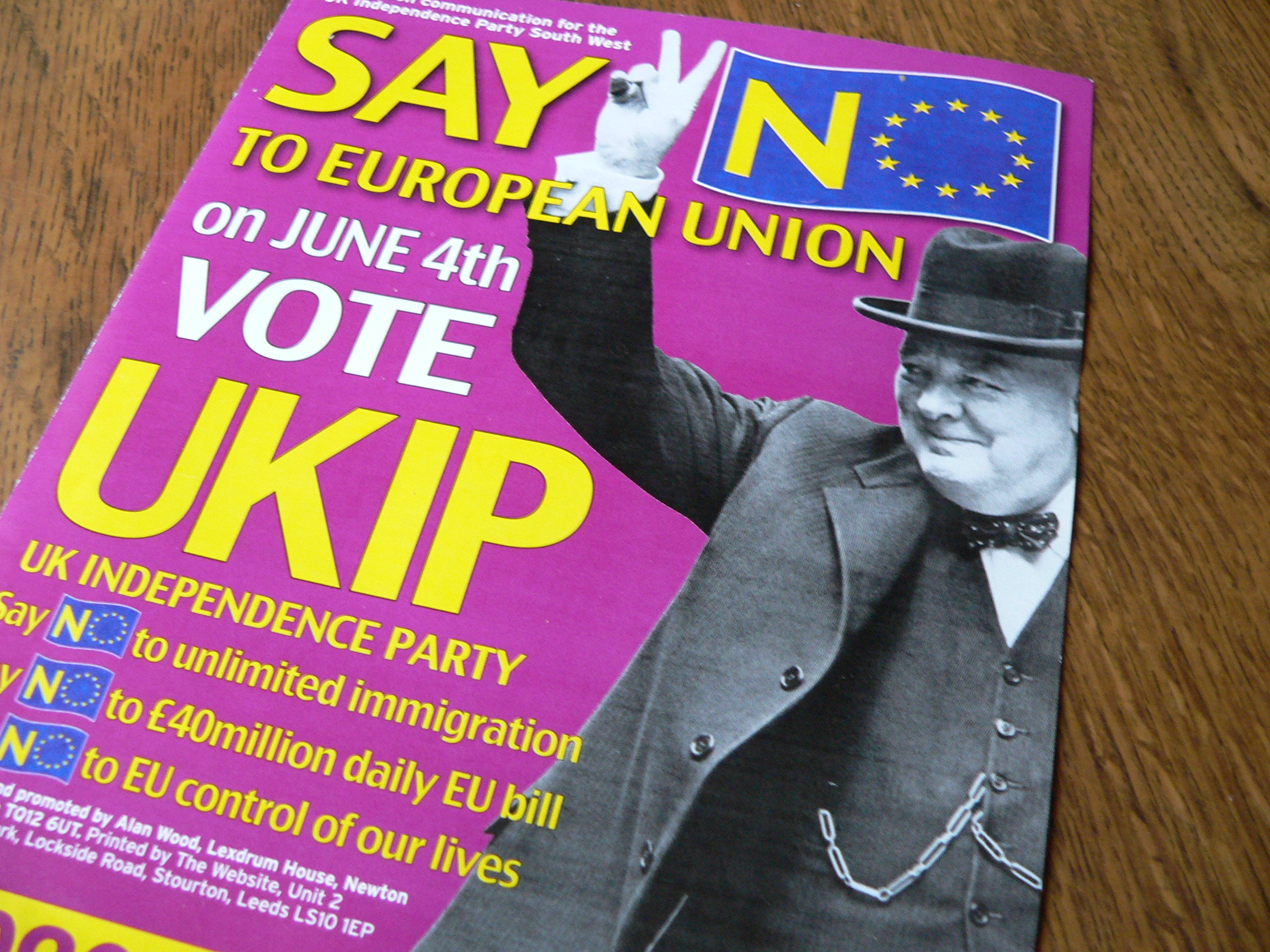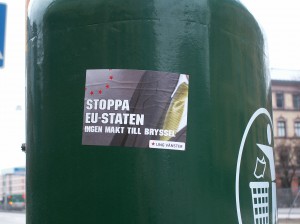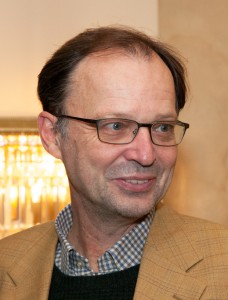
A ghost is haunting Europe. It is the spirit of Euro-skepticism. In almost all western countries, and now with the rise of the Alternative für Deutschland (AfD) also in Germany, Euro-skeptic parties are on the rise. The United Kingdom, some sort of Mecca for Euro-skeptics, is close to leaving the Union altogether.
What went wrong?
It would be too easy to revile the audience and accuse people of not being on par with the noble idea of Europe. There will always be a few backwards looking Euro-skeptic elements in society, but the current events go far beyond the usual. The thriving of critique aimed at Europe can partially be blamed on the failure of political and economic elites. This can be seen in France especially. Who should the pro-European yet critical citizen vote for at the moment? The socialists of President Francois Hollande perhaps? He has failed on all issues in his two and a half years in office and has driven the country into economic turmoil with his tax policy, all the while blaming the Germans and their supposed austerity, the so-called l’austerité, for France’s struggles. More Europe – for Hollande that means accepting his debt policy. In the race for presidency, his predecessor Nicolas Sarkozy of the conservative UMP is preparing to challenge the President. He gets along much better with Germany – but his title Monsieur “Bling-Bling” hints at his lack of integrity and seriousness. With his notorious proximity to the rich and the beautiful, he seems rather unfitting to reestablish trust in the political class of France. It is sad for France and Europa alike that the only remaining serious alternative seems to be the right-wing Front National with Marine Le Pen at its head.
The situation is particularly difficult in France but the underlying problem persists throughout Europe: The elites have pushed the European idea but failed to take the people along. The current President of the European Commission Jean-Claude Juncker, in light of his involvement in and partial responsibility for recent events in Luxembourg a symbol for failed EU policy, has once admitted how he fancies European policy making: you pass a law without asking the people, and if there is not too much opposition, you simply continue. One could add: This system prevails until the European Union has become a wild conglomerate of 28 member states of which many do not fulfill the criteria for membership.
The statement of former Head of Commission Jacques Delors bases on the same principle. He once said that EU policy making is like riding a bike. A bike has to continuously move forward. If it stopped, it would simply fall over. This approach has caused an increasing detachment of EU policy making on the one hand from EU member states and their citizens on the other.

It essentially laid the basis for the mistrust brought forward towards the EU and Brussels that then downright exploded with the onset of the financial and debt crisis. Since then, an unrestrained fight over how far the European community of joint liability should reach and in how far it should impact the basic needs of citizens has begun. While Greece is in a state of emergency and even cancer patients cannot be guaranteed to receive appropriate treatment, the Germans fear to be held liable for the failures of the Greek state. It did not even tax its richest members of society – and thus is bankrupt.
The southerners plus France bad-mouth the Germans as misers due to their reservation, the Germans retaliate by calling the other side lazy and wasteful. What can be done to counter this weariness with Europe?
There can be no doubt that Europe is without alternative. However, errors need to be admitted openly, and competencies need to be redirected towards member states and their national parliaments. Democracy functions best and predominantly at the root. The bigger an entity the less influence and identification of the individual with it. Only if EU politicians are open to relentless self-criticism, the course can be adjusted and lost trust won back. The appeal to European integration’s role in bringing peace to the continent, as recently renewed by former German Chancellor Helmut Kohl, will not be enough. People have to really believe, feel and sense that Europe is important.
Currently, Europe resembles a flat share in which friends have moved together for the best of reasons but have begun fighting over everyday problems (who cleans? Who does the shopping? Who stuffs the fridge?). Those friends should not dissemble the flat share but urgently need to discuss the basis of living together and develop a healthy ratio of closeness and distance. Only then Europe will be able to regain its strength. Europe has just proven how great it can be with its joint space project, the Rosetta mission. Unity is the only way to compete with the giants USA and China and make its voice heard. That does not mean, however, that all European countries need to hum the same tune on all issues. Europe needs to leave room for solos of its member states. Only diversity can bring competitiveness and true solidarity.
Maybe it would not even be too bad if currency issues, in the event of a continued reliance on the Euro, would be approached with a greater level of independence of member states as is currently the case. If, however, the monetary union is to become further densified and extended, common rules need to be found and compliance with them strictly enforced. That would certainly be the better approach – and maybe we could overcome the ideological contradiction of growth and austerity after all.
About the author:
 Dr. Dieter Sattler is Head Editor of the Politics department at Frankfurter Neue Presse. He studied Politics, German and Philosophy at Goethe University in Frankfurt. more…
Dr. Dieter Sattler is Head Editor of the Politics department at Frankfurter Neue Presse. He studied Politics, German and Philosophy at Goethe University in Frankfurt. more…
